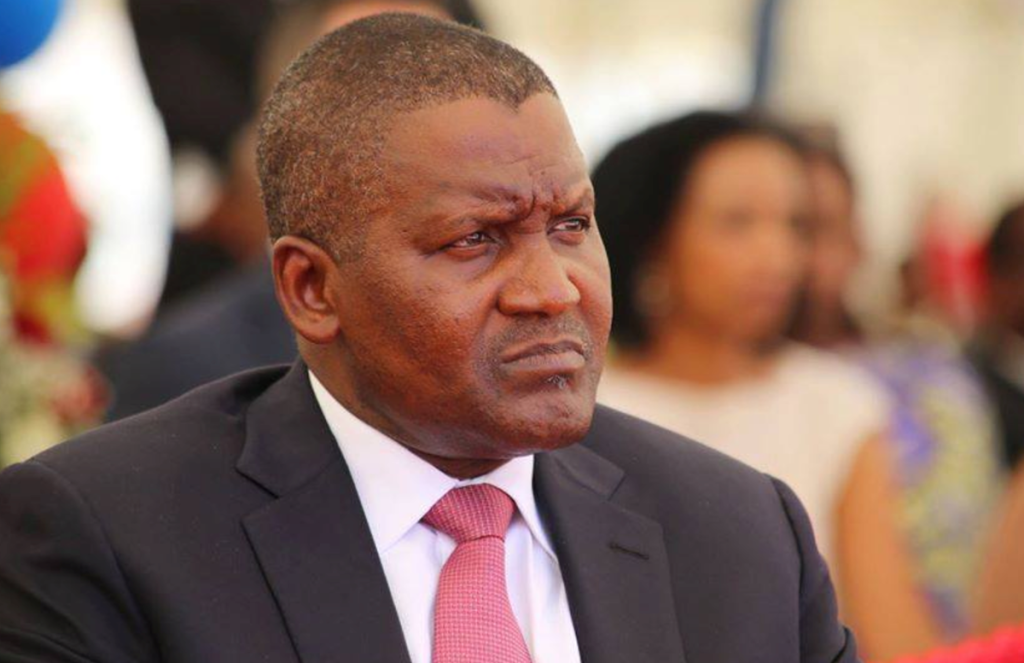Aliko Dangote, the owner of a Lagos-based refinery, announced on Tuesday that the Federal Executive Council (FEC) will determine the pricing of petrol produced at his 650,000-barrel-per-day facility.
He mentioned that once his company finalizes arrangements with the Nigerian National Petroleum Company Limited (NNPCL), the product will be ready for the market.
“Our Premium Motor Spirit (PMS) could be in filling stations within the next 48 hours, depending on NNPCL,” Dangote said.
When asked about the pricing of petrol from his refinery, Dangote explained, “The pricing arrangement has been designed and approved by the Federal Executive Council under the leadership of His Excellency, President Bola Ahmed Tinubu. Once finalized, which President Tinubu is actively pursuing, we are prepared to roll into the market—whether today or tomorrow.”
He declared it “a day of celebration” for Nigerians, assuring them that they will soon have access to high-quality petrol that will enhance the longevity of vehicle engines.
“You won’t experience the engine problems many of us have faced. The quality of our product will be on par with the best in the world, including the US. We are committed to ensuring no one surpasses us in terms of quality,” Dangote stated.
Dangote, Africa’s leading industrialist, began operations at his $20 billion Lagos facility last December, initially producing 350,000 barrels per day. Despite regulatory challenges, the refinery aims to reach its full capacity of 650,000 barrels per day by the end of the year.
The refinery has already begun supplying diesel and aviation fuel to local marketers and has now commenced petrol production.
Nigeria, Africa’s most populous nation, faces significant energy challenges, with all state-owned refineries currently non-operational. The country relies heavily on imported refined petroleum products, with the state-run NNPCL being the major importer.
Fuel queues are common, and petrol prices have tripled since the removal of subsidies in May 2023, increasing from around ₦200 per litre to about ₦800 per litre. This has intensified the hardships for citizens who depend on petrol to power their vehicles and generators, given the country’s longstanding issues with unreliable electricity supply.

